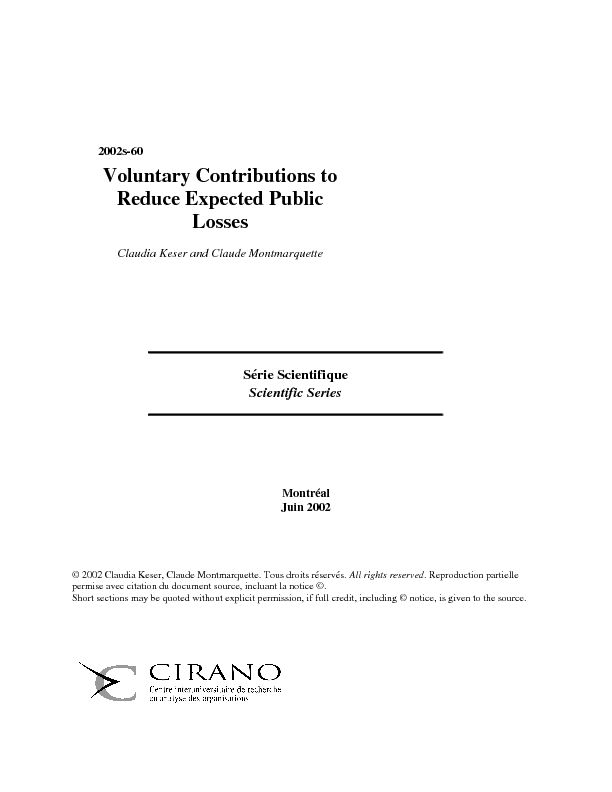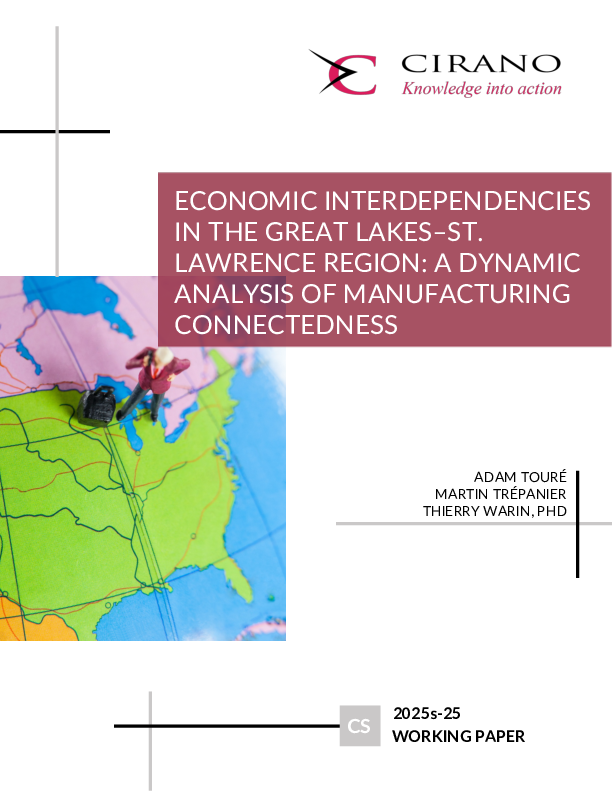Voluntary Contributions to Reduce Expected Public Losses
In this experimental study we examine behavior relating to voluntary contributions to reduce expected losses associated, for example, with the occurrence of natural disasters or major industrial accidents. We ask subjects to allocate tokens between a private investment and a public investment. The latter investment reduces, for all anonymous members of the group, the probability of a loss. Expected loss without public investment is constant across treatments in which the probability of loss and initial wealth vary. In some of these treatments, the participants play under incomplete information (ambiguity). Non-parametric statistical analyses and parametric regressions yield results that are reasonably consistent with classical studies on voluntary contributions to public goods. The Nash equilibrium, under the assumption of risk neutrality, cannot be construed as representative of typical behavior. The occurrence of a loss increases the probability of playing the Nash strategy at the individual level and decreases the voluntary contributions of the group (the gambler's fallacy), making the prospect of mobilizing the population after a natural disaster more difficult.
[ - ]




